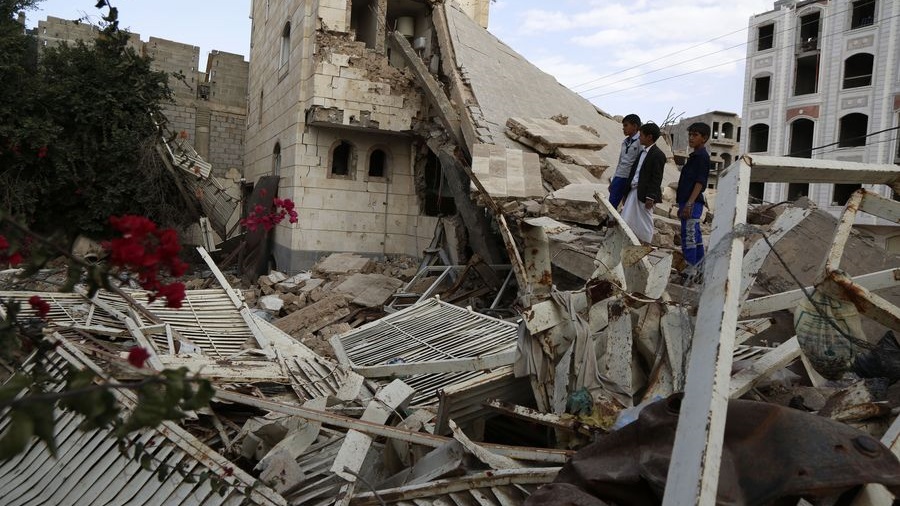The United States has officially removed Yemen’s Houthis from its list of “foreign terrorist organizations” and “Specially Designated Global Terrorists.” The decision taken by the Biden administration on Tuesday, February 16, reverses the controversial decision taken by its predecessor in its last few days in office. The Trump administration’s move had been severely condemned by human rights organizations, aid groups and peace activists, and had led to widespread concern regarding the possibility of a humanitarian crisis.
The US administration has also called upon the Houthis to cease all military operations launched on the city of Marib in northern Yemen. The UN also expressed similar concern, with the UN under-secretary-general for humanitarian affairs, Mark Lowcock, issuing a warning that a military conflict will endanger the lives of the more than 2 million civilians and could force thousands to flee the city, rendering them displaced and homeless. Marib is currently under the control of the US and Saudi Arabia-backed government headed by president Abd Rabbuh Mansour Hadi.
The UN, responding to the US decision, said that “the revocation of the designations will provide profound relief to millions of Yemenis.” The aid charity, Norwegian Refugee Council (NRC), also welcomed the US announcement, at the same time advising caution because of the dire humanitarian situation which it describes as “the country being on its knees at the moment.”
Besides reversing the terrorist designation of the Houthis, the Biden administration recently also suspended several arms deals with Saudi Arabia and the United Arab Emirates — an important member of the Saudi-led military coalition in Yemen — including a massive $23 billion deal for 50 fifth-generation F-35 fighter jets and 18 MQ-9B Reaper drones.
The US has provided military, logistical and intelligence support to the Saudi-led Gulf military coalition which intervened in the conflict in March 2015 on behalf of the Hadi government, a year after it was driven out of the Yemeni capital, Sanaa, along with much of northern Yemen.
Meanwhile, the US special envoy to Yemen, Timothy Lenderking, revealed that the US government is pursuing talks with the Houthis through backchannels. In a press briefing on Tuesday, Lenderking said, “we’re working now to energize international diplomatic efforts with our Gulf partners, the United Nations and others to create the right conditions for a ceasefire to push the parties toward a negotiated settlement to end the war in Yemen. We do have ways of getting messages to the Houthis and we are using those channels very aggressively as we’re engaging … in person with the leadership of the key countries involved.”
The war in Yemen has already resulted in the deaths of thousands of civilians. Estimates suggest that the number of dead is between 100,000 and 250,000 while millions of others have been internally displaced. More than 80% of the total population of roughly 30 million have been forced to depend on international humanitarian aid for survival and approximately 16 million Yemenis — over half the population of the country — could be on the brink of starvation because of the ongoing conflict by 2021.





